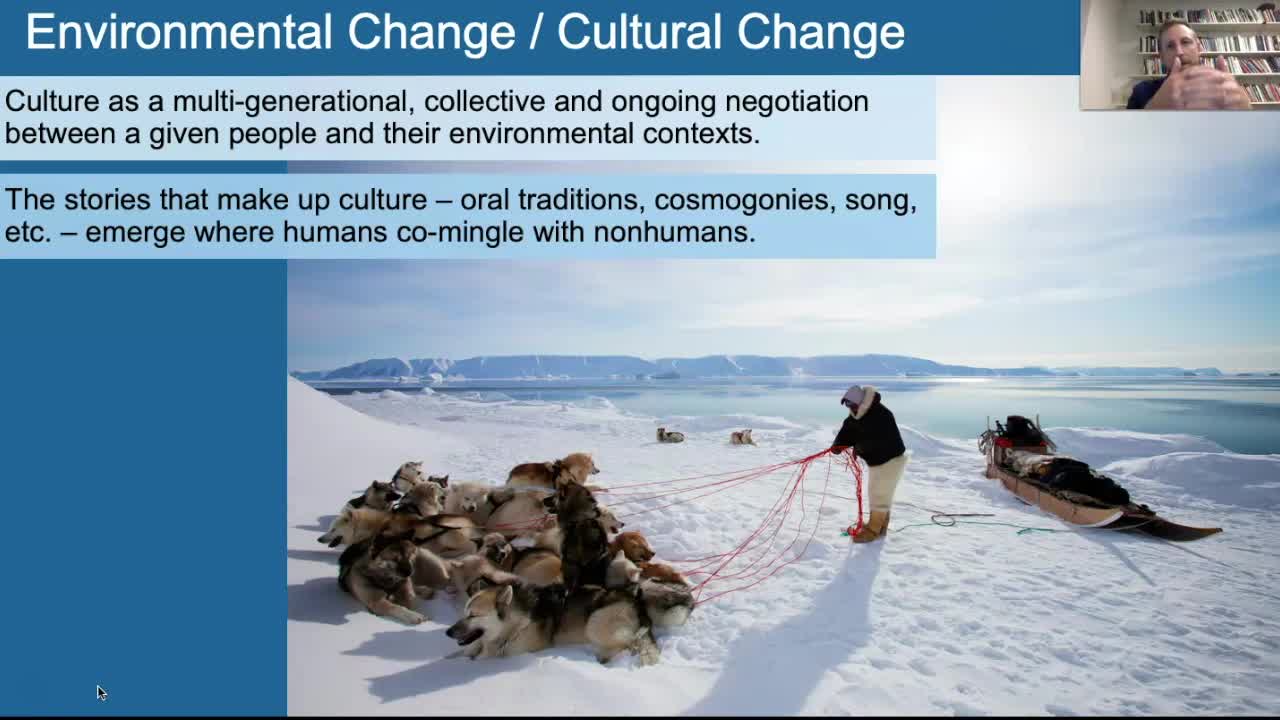Search Results
Results for: 'Climate change'
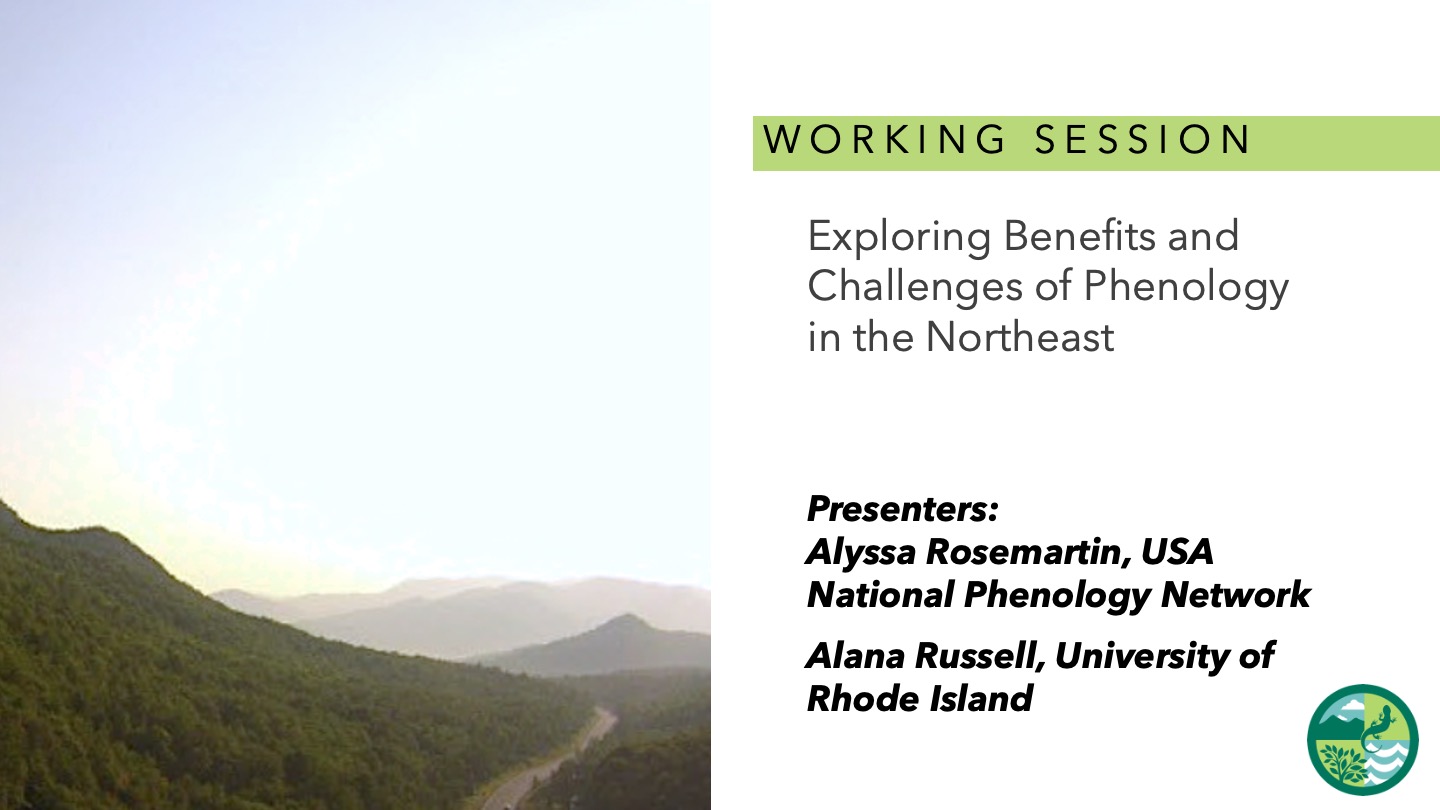
Working Session: Exploring Benefits and Challenges of Phenology Monitoring in the Northeast
This was a working session led by Alyssa Rosemartin and Alana Russell as a part of the 2022 FEMC Annual Conference. To learn more about the conference, visit: https://www.uvm.edu/femc/cooperative/conference/2022. Phenology is critical to ecosystem...
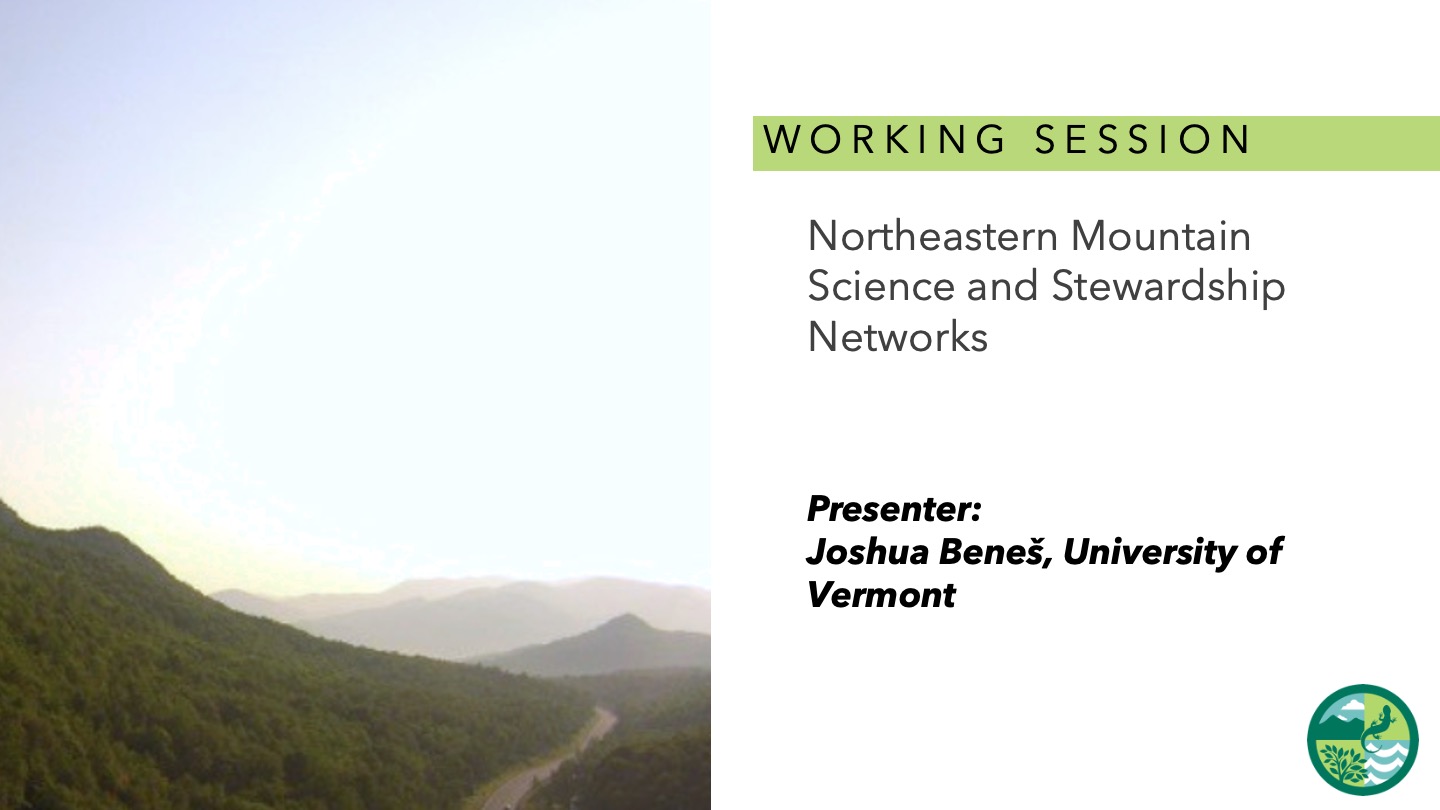
Working Session: Northeastern Mountain Science and Stewardship Networks
This was a working session led by Josh Benes as a part of the 2022 FEMC Annual Conference. To learn more about the conference, visit: https://www.uvm.edu/femc/cooperative/conference/2022. Alpine ecosystems are islands across the northeastern regio...
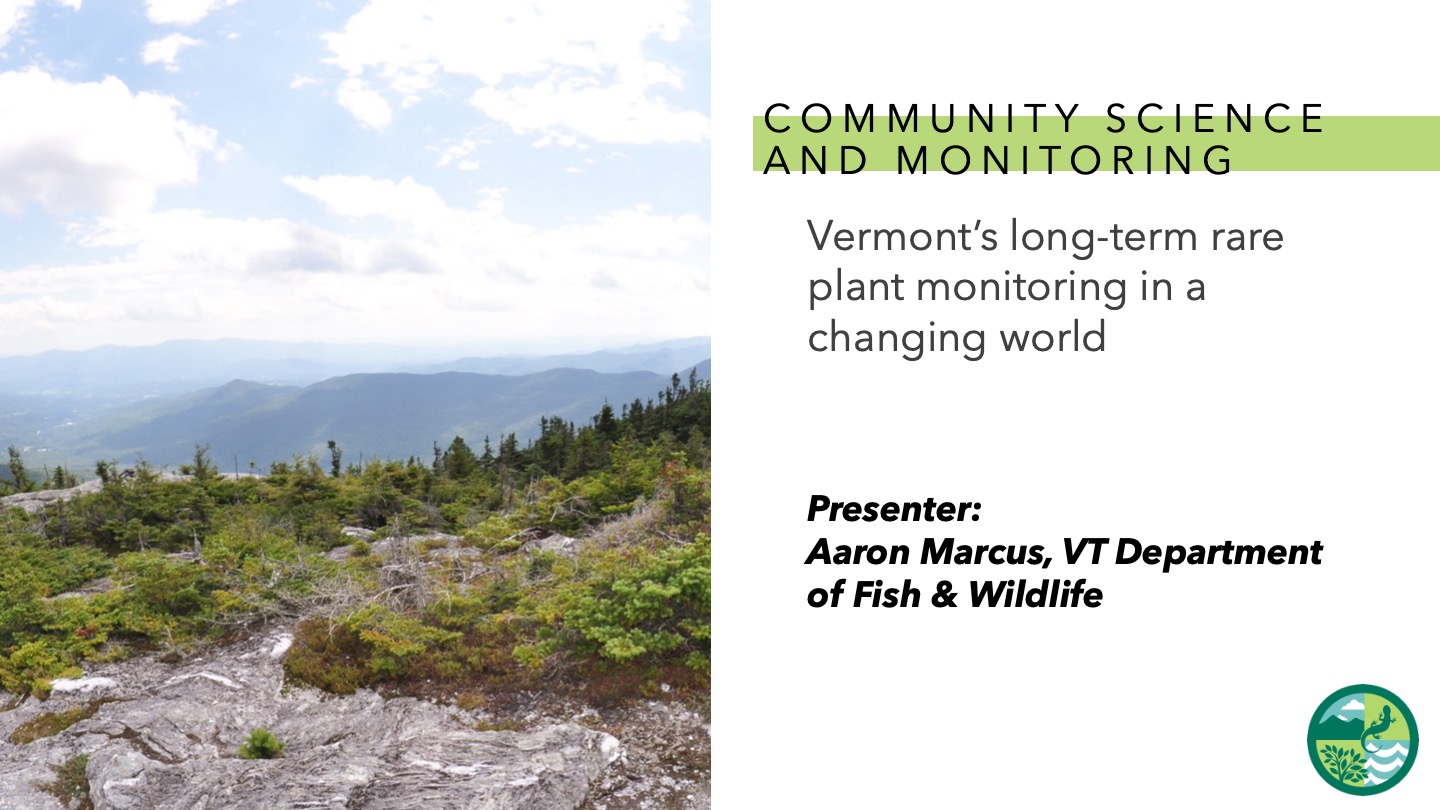
Vermont’s Long-term Rare Plant Monitoring in a Changing World
This was presented by Aaron Marcus as a part of a series of contributed talks from the 2022 FEMC Annual Conference. To learn more about the conference, visit: https://www.uvm.edu/femc/cooperative/conference/2022. Vermont Department of Fish & Wildl...
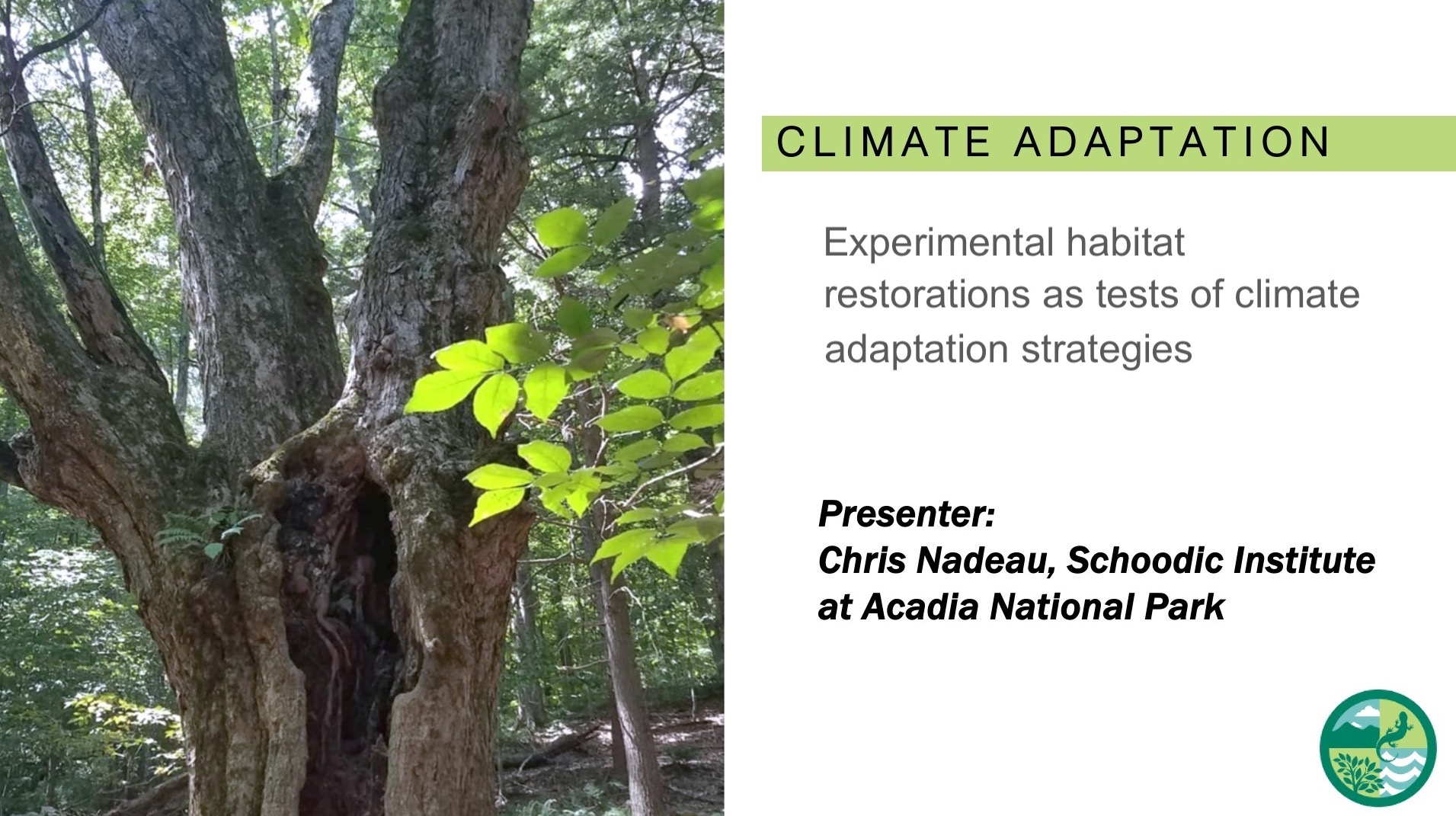
Using Habitat Restorations to Test Climate Change Adaptation Strategies
This was a contributed talk by Chris Nadeau as a part of the 2023 FEMC Annual Conference.
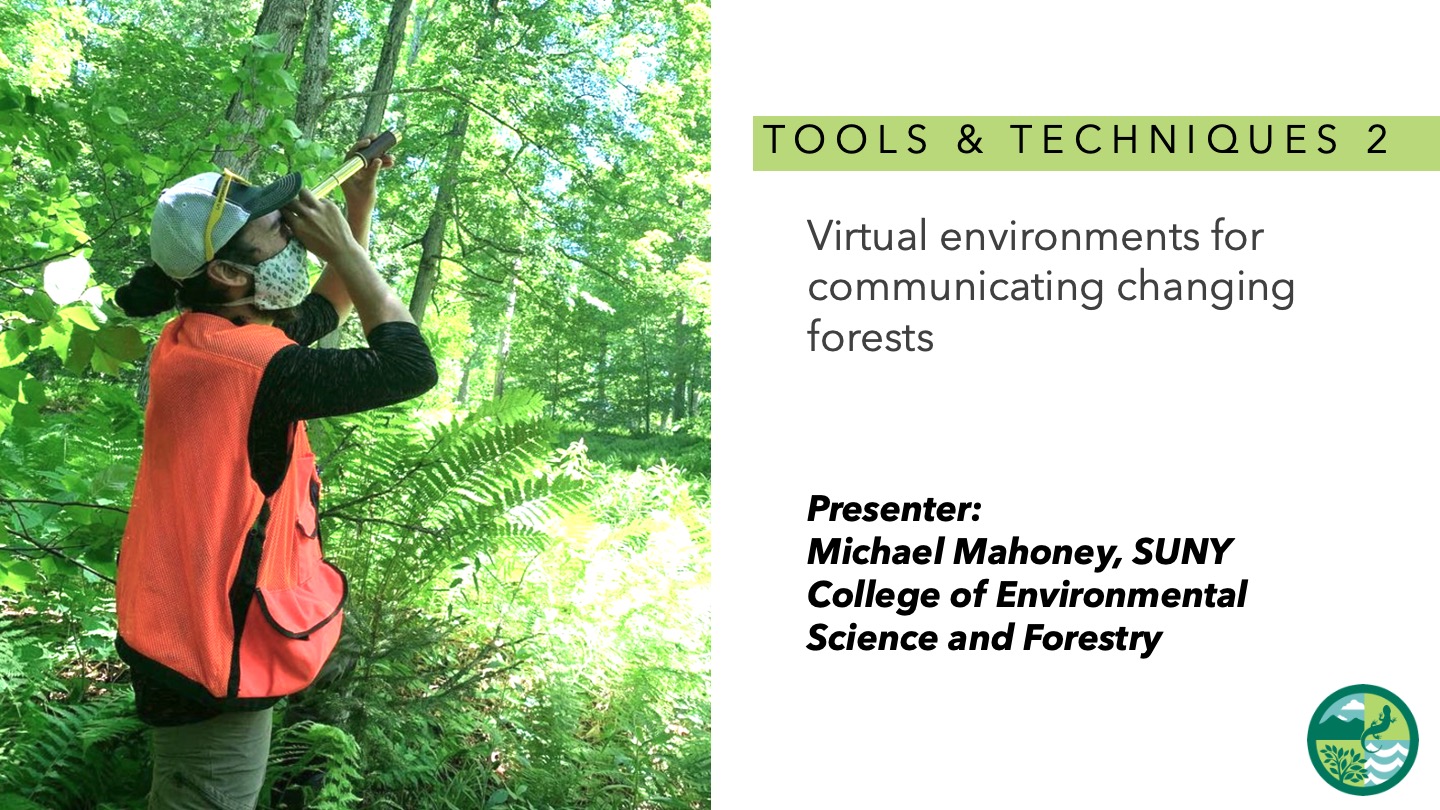
Virtual Environments for Communicating Changing Forests
This was presented by Michael Mahoney as a part of a series of contributed talks from the 2022 FEMC Annual Conference. To learn more about the conference, visit: https://www.uvm.edu/femc/cooperative/conference/2022 Forests are dynamic systems, ...
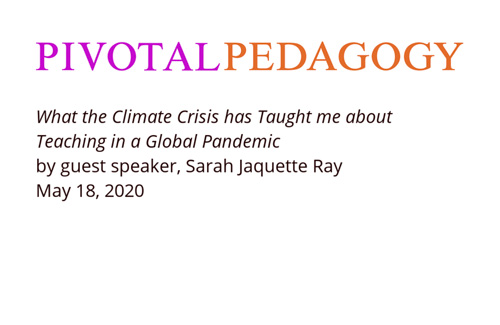
Guest Speaker, Sarah Ray, Pivotal Pedagogy
Sarah Ray gave a talk to participants in Pivotal Pedagogy, May 2020. Dr. Ray is the author of A Field Guide to Climate Anxiety: How to Keep Your Cool on a Warming Planet (UC Press, 2020), which came out on Earth Day this year, in the middle of ano...
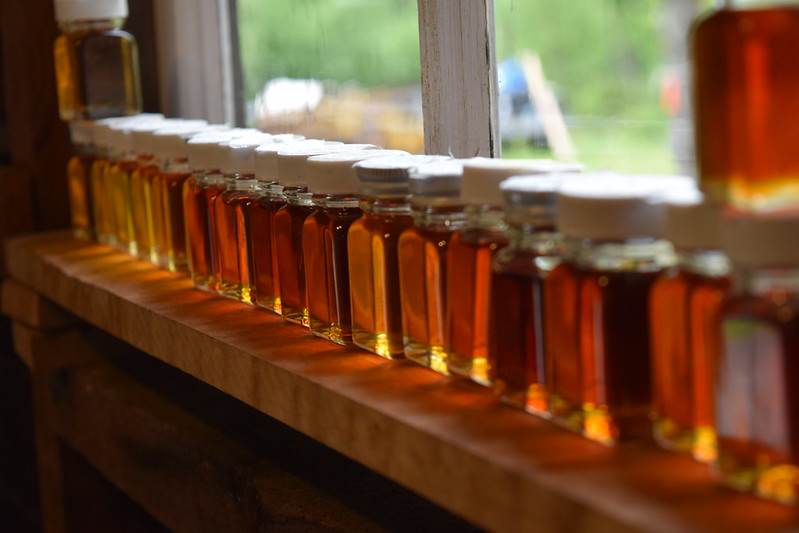
The USDA National Agricultural Statistics Service or NASS has released the crop totals for the 2020 maple season. People familiar with maple sugaring might remember that it takes approximately 40 gallons of sap to make one gallon of syrup. This ra...

Maple trees managed for sap production remain part of a forest ecosystem. Forest ecosystems are complex communities of plants, animals and microbes all interacting with their physical environment and climate. Forests are especially competitive env...
